|
Hiking is an absolutely fantastic activity to take part in. It is a great form of exercise, gets you out in some incredible scenery and is even an incredibly positive thing to do for mental health. But one common issue that many hikers face, is it can often lead to some pretty sore muscles the day(s) after. And while this is bad enough if you are simply day-hiking, it is even worse if you are doing a multi-day hike or trek! Not only can this muscle soreness suck a lot of your enjoyment out of the trail but it can also significantly reduce your physical performance while hiking and even potentially increase your risk of injury... So today's article has been created to share some simple, practical and effective solutions to help relieve sore muscles after hiking! Seven Tips To help Relieve |
AuthorRowan is a personal trainer who specialises in training for hiking, trekkers and mountaineers for their bucket list adventures. Archives
July 2024
Categories
All
|
AboutSummit Strength is a personal training for hiking service created specifically to help hikers have the best chance of a safe, enjoyable and successful adventure.
|
Company |
Services |
|
|
© COPYRIGHT 2018. ALL RIGHTS RESERVED.
|
Website Design by My Personal Trainer Website
|

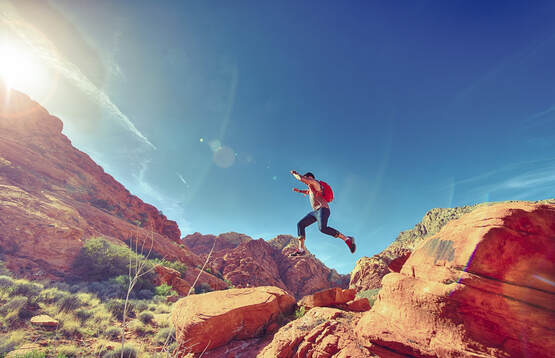
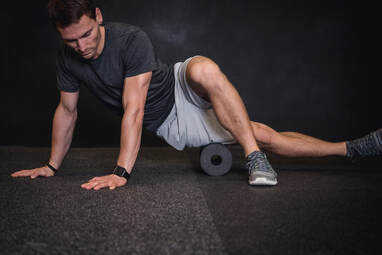
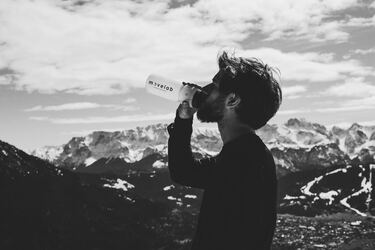
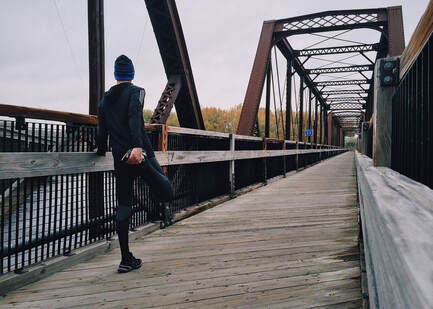
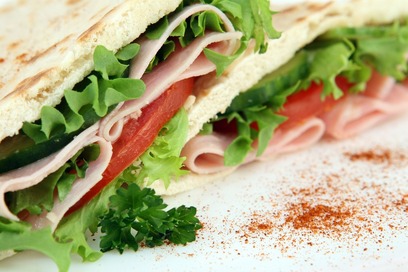
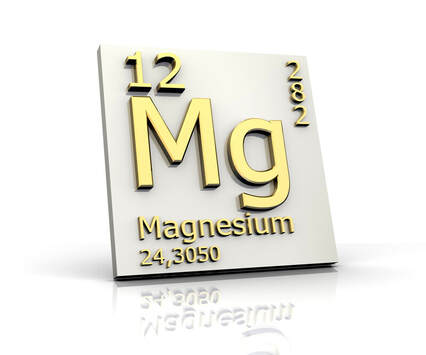
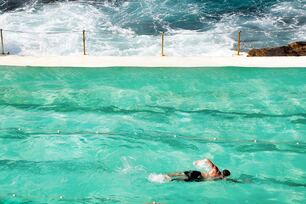
 RSS Feed
RSS Feed
